

Some 54,000 Israeli middle and high school students from low-income families suffer from hunger and nutritional insecurity. This negatively impacts their health as well as their classroom performance.
In Israel’s elementary school system, there are meal and nutrition programs operating in the social and geographic periphery. But there’s still no systemic solution to the problem of hunger and food insecurity faced by middle and high school students.
Research shows that 1 in 13 Israeli students in grades 7-12 suffer from hunger.
More than 15,000 of these students frequently go hungry and this makes it hard for them to study.
Hunger has a direct impact on students’ behavior and performance at school. It prevents them from reaching their full potential, and can cause kids to drop out of school altogether.
The effects of childhood hunger are long-term: It impairs students’ physical and cognitive development and often makes them fall behind academically. This leads to lower paying jobs, perpetuating the cycle of poverty and inequality.
Schools, education networks and local authorities struggle to solve this national problem. A few manage to raise funds from private donors for student nutrition, but this usually only affords partial solutions that are unstable and unsustainable.
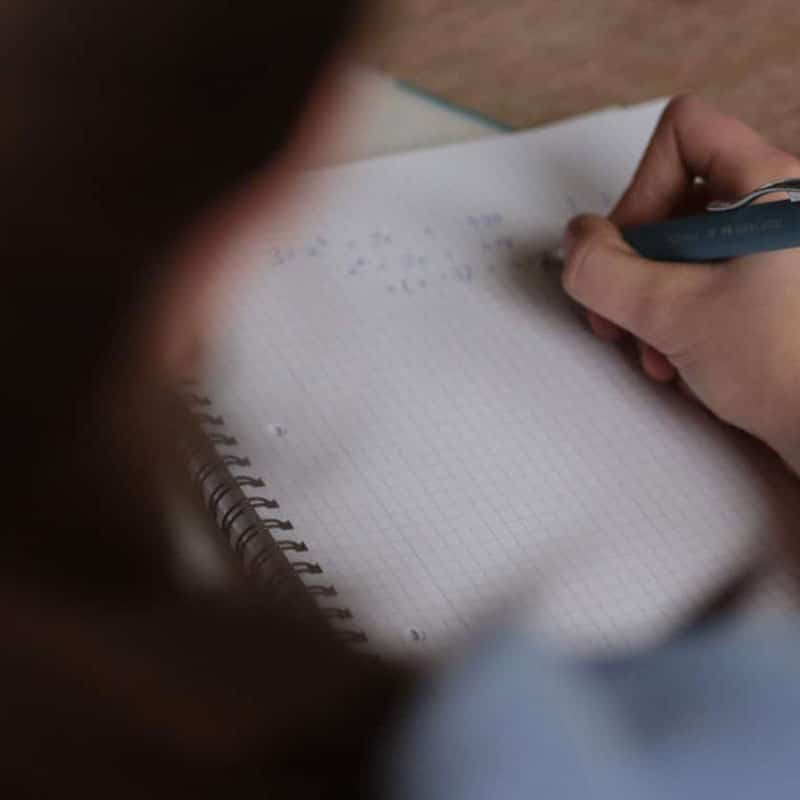

At 121, we’re highlighting the dire problem of hunger in our schools and pushing for a government policy that addresses it nationwide.
According to our research, comprehensive school meals and nutrition programs exist in almost all high and middle income countries. They’ve proven to be successful at improving academic achievement, classroom participation, and cognitive skills. In the long term, they help reduce social gaps and strengthen health and nutrition.
Our policy paper emphasizes the need for a national program addressing the hunger problem in Israel’s middle and high schools, and outlines the potential impact:
- Ensuring the health and physical and mental development of students
- Providing students with a real opportunity to achieve academic success
- Giving students the tools to succeed as adults
- Generating significant savings for the State budget
Our proposal for policy change:
We’ve developed a two-pronged proposal for policy change:

1. Implementing a meals and nutrition program in schools for at-risk youth, where the need and urgency are most acute.
We estimate that a program providing a solution for approximately 20,000 at-risk students in schools will cost approximately ILS 41 million a year. Such a program would support and protect these students from dropping out of the education system, the implications of which would be felt throughout their lives.

2. Convincing the Ministry of Education to conduct an in-depth study examining the scope of urgent needs in the remaining schools and ways to provide them with solutions.
We propose that the Ministry of Education undertakes an in-depth study, laying the groundwork for developing a systemic solution for hungry children in other middle and high schools.
Action and achievements so far
1. After forming the "Recipe for Success" partnership and drafting our proposal for the necessary policy change, we submitted it to the Ministry of Education, the Child Rights Committee, and the Education Committee in the Knesset. At the same time, we started promoting it within the professional and political spheres.
2. In December 2021, we held a discussion on the subject in the Knesset, along with several meetings with key decision-makers from the Ministries of Education and Finance, as well as with the heads of relevant Knesset committees. We also initiated a series of media publications on the issue and raised awareness through social media.
3. In October 2022, we achieved our first milestone: The government decided to adopt the program and began implementing it in the secondary education system within the Arab sector, with an annual budget of 5 million ILS. This program now benefits approximately 5,000 at-risk students daily.
4. We continued advocating to expand the program nationwide to decision-makers in the government and Knesset, as well as at the public level, aiming to convince the state to allocate the necessary budget so that no student would have to forgo their education due to hunger.
5. The economic crisis following the Operation Iron Swords exacerbated food insecurity in schools serving at-risk youth, particularly in the northern and southern regions, as well as in the social and geographic periphery. The need for meals became broader and more urgent.
6. In September 2024, we reached a second milestone: The government decided to expand the program to all schools for at-risk youth nationwide. This historic step will promote equal opportunities and enable all students to fulfill their potential and build a better future.
Extensive field research, discussions with students, school principals, and teachers, policy papers, participation in numerous Knesset committees, and public pressure through investigative reports and social media campaigns paid off.
We will continue to push for a national meal program to ensure that the state invests the necessary budget so that no student has to sit hungry in class.
"For the first time, 17,000 at-risk boys and girls will receive hot meals at school. This is a historic announcement, and from now on, students will get a hot meal that will ensure their nutritional security. This news will significantly impact their development and growth. The Shas movement, under the leadership of Rabbi Aryeh Deri, has made it a priority to support disadvantaged populations so that they can live with dignity. Today, we have taken another step for these families. I would like to thank Education Minister Yoav Kisch, who, together with Minister Chaim Biton, recognized the importance of this issue, and the 121 organization, along with Yekutiel Meshi, for pushing us forward on this matter." (15.9.24)
"I would like to congratulate the incredible and important achievement of advancing a meal program for hundreds of schools serving at-risk youth. This decision is expected to benefit approximately 17,000 students. In doing so, the basic right of these boys and girls to nutritional security will be fulfilled. These meals are crucial for their proper emotional and physical development, for realizing the potential inherent in them, and for promoting equal opportunities among them. Special thanks to the 121 organization for their persistence and dedication in advancing this initiative." (22.9.24)
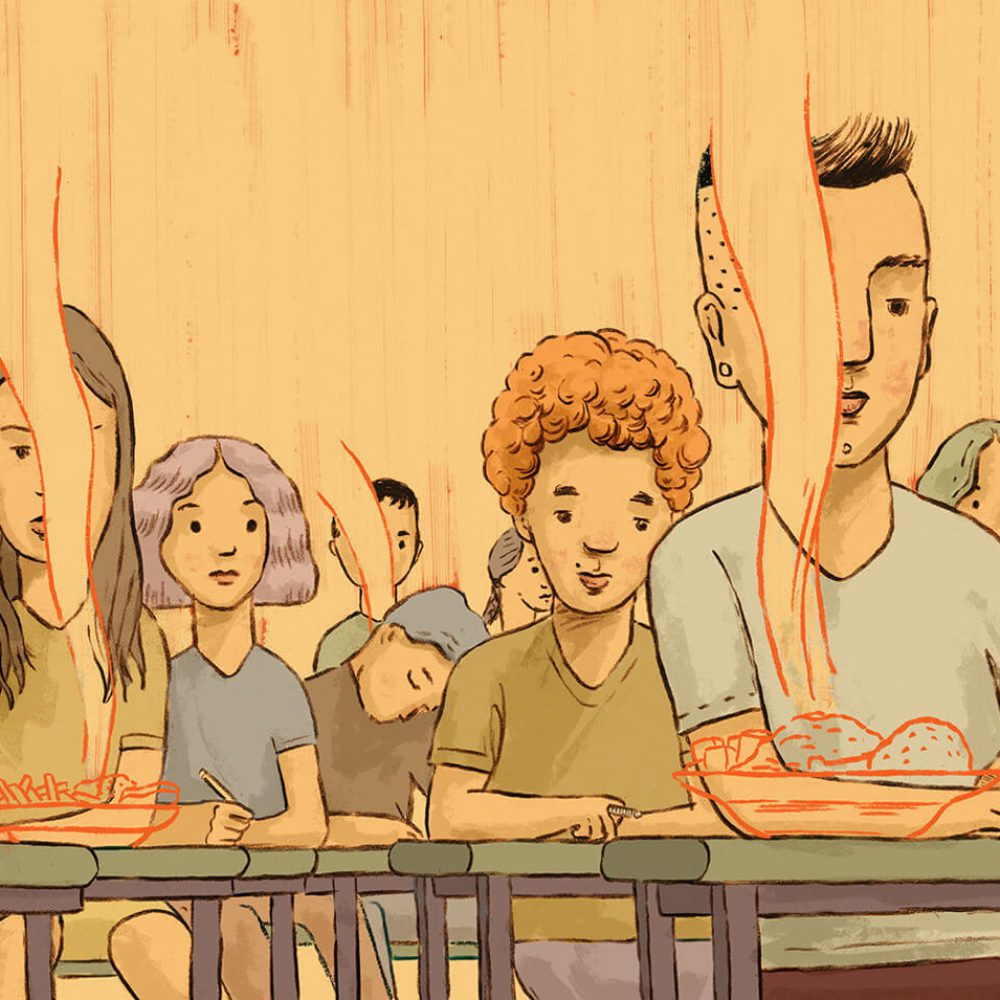

Bottom of the Food Chain: Hundreds of Thousands of Israeli Kids Go Hungry at School
Daniel Dolev | October 20, 2022
More than 660,000 Israeli children suffer from food insecurity, and around half are hungry. The only hot meal many of them get is at school, but the Education Ministry’s feeding program is only for children in primary schools. The food disappears as soon as a child is in seventh grade, and the implications, including violence and attrition, can be severe. The first in a two-part project, published in collaboration with Calcalist: A journey to the last-chance highs schools that are forced deal with the education system’s rumbling stomach.
Partners
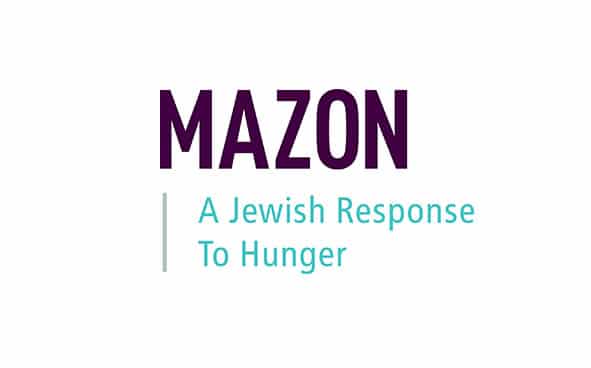
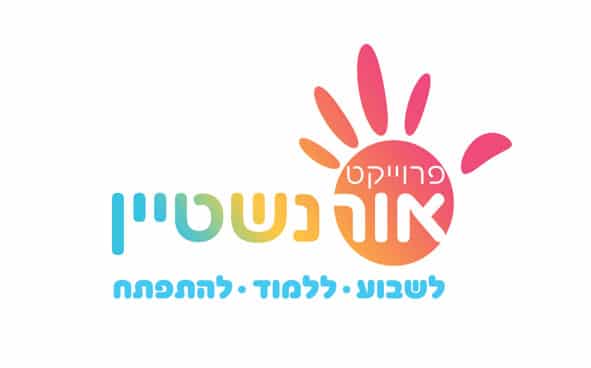
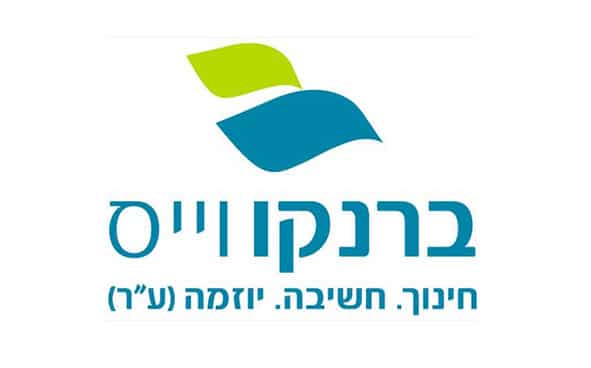

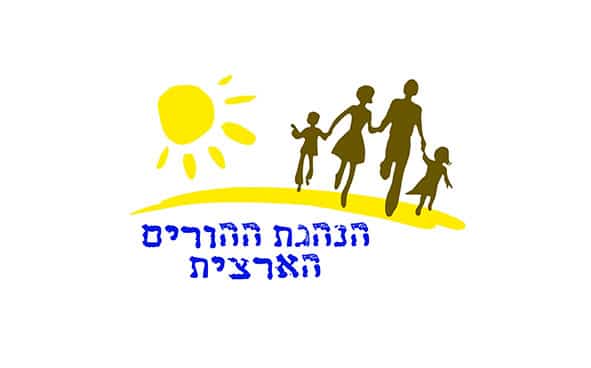
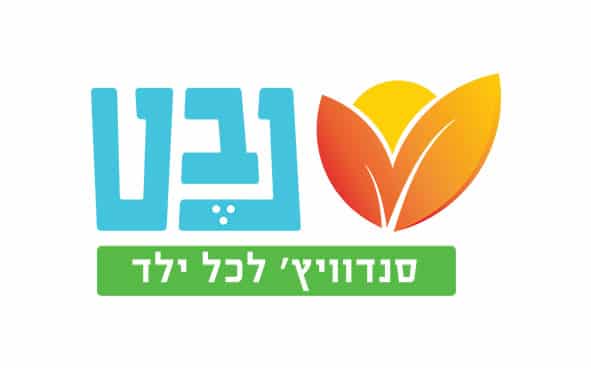
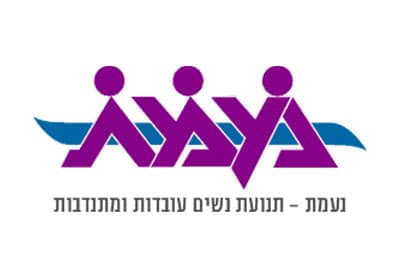

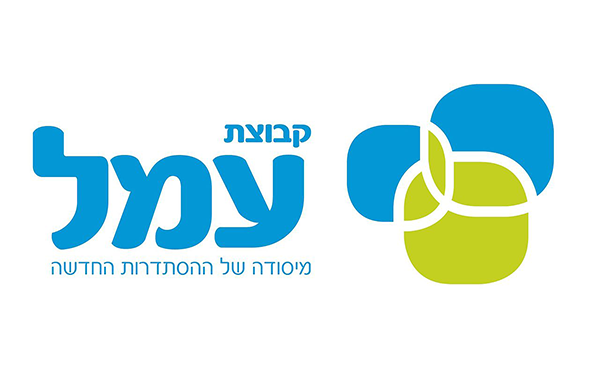

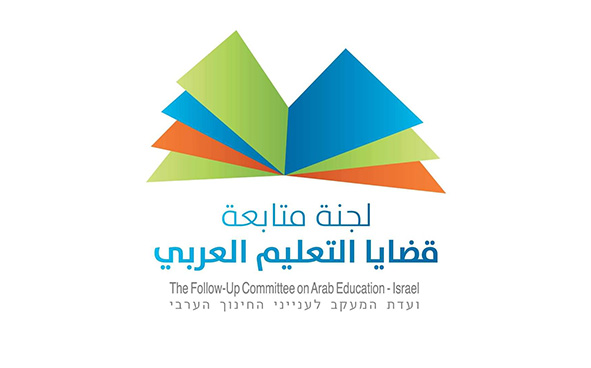
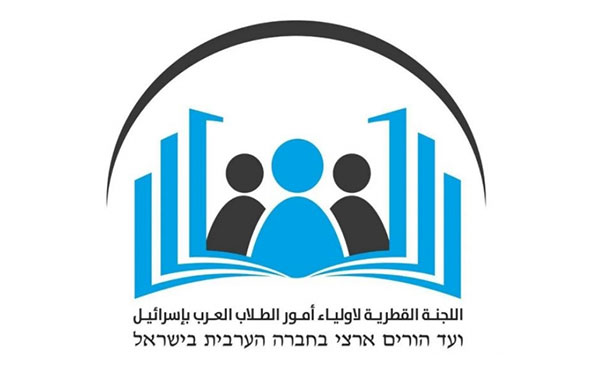
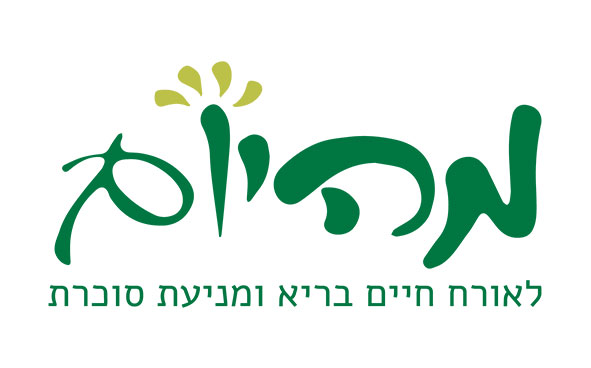

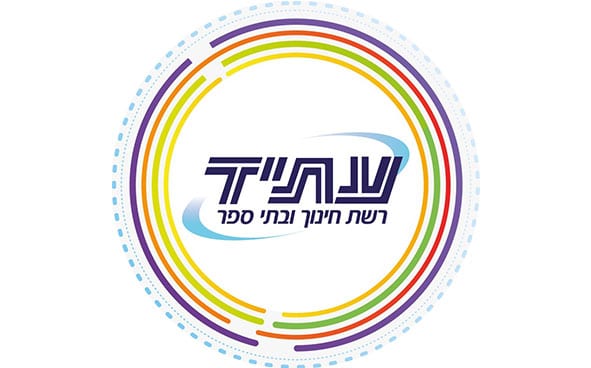
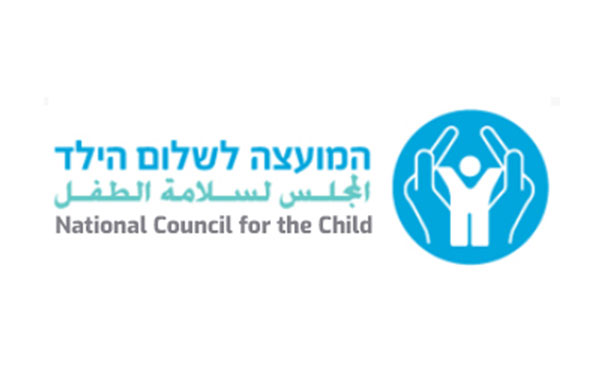

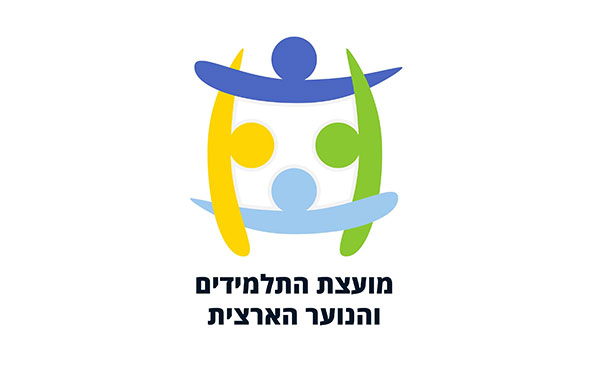
Want to get involved?
We'd love to hear from you!
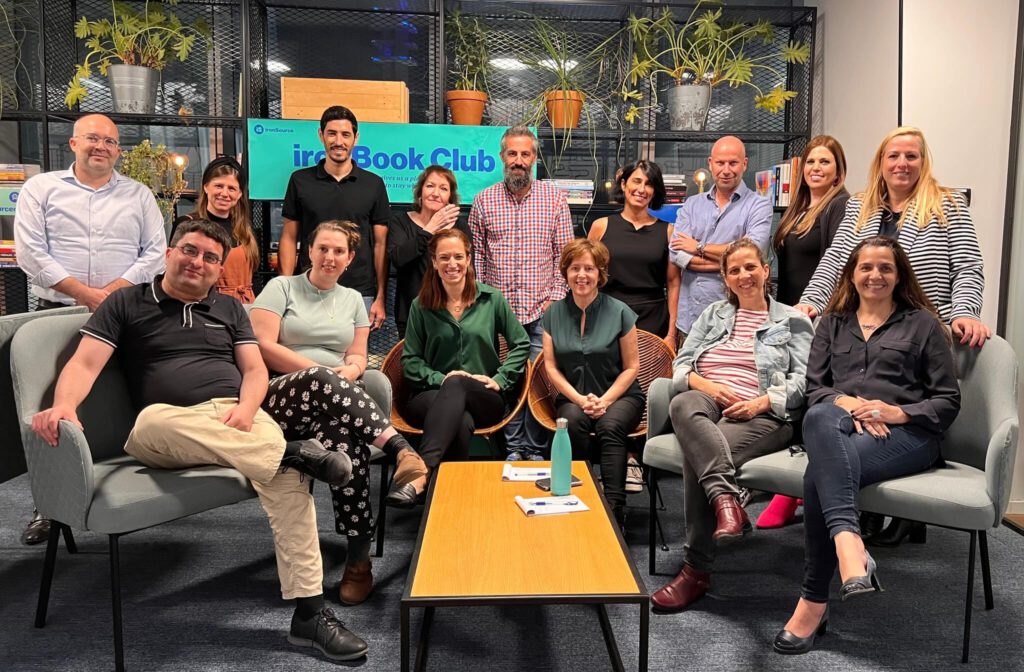
Share:
